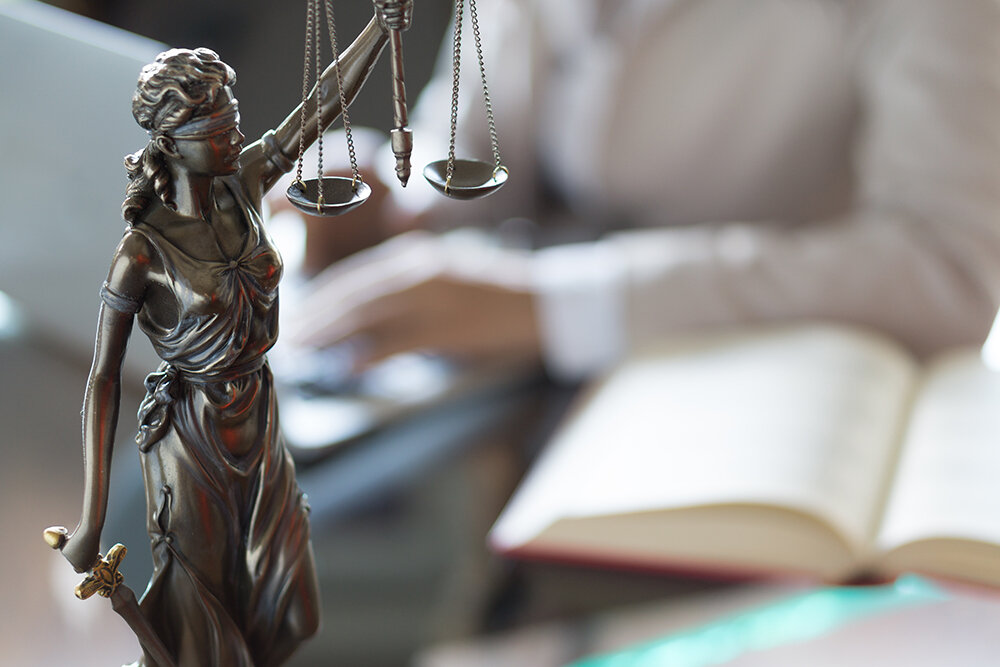The legislative power is one of the three powers of a State. The legislative power is represented by the president of the congress or by the Parliament and is in charge of formulating laws and bills for the society of a country.
The way in which the legislative power is composed will depend on the political structure of the States. Legislative power generally takes two forms: as a congress and as a parliament.
Forms of legislative power
Congress
The legislative power of the States that have a congress is represented by the president of the congress. The congress, in turn, can adopt two types of structure: unicameral and bicameral.
Unicameral: it is composed only of the lower house where the deputies are democratically elected, as, for example, the case of: Costa Rica, Cuba, Ecuador, El Salvador, Guatemala, Guyana, Honduras, Peru and Venezuela.
Bicameral: Congress is made up of a lower house (deputies) and an upper house (senators). The lower house is the popular representation and the upper house reviews again the laws in the framework of action related to economic, political and social relations of the State as, for example, the case of: Argentina, Brazil, Bolivia, Chile, Colombia and Mexico .
Parliament
Parliament is the representatives elected by the people to express the will of the people. Prepares and approves rules and laws of a general nature. The parliament is present in those States in which the executive power is divided and differentiated by a Head of State and a Head of Government, such as: Spain and England.
Functions of the legislative branch
The legislative power is in charge of proposing, discussing, studying, voting, approving or rejecting law initiatives, bills or laws protected within the Political Constitution of each country. In addition, it has the role of monitoring and controlling the performance of the government.
Executive, legislative and judicial power
The executive, legislative and judicial power is the powers that make up a State. Each power has its roles defined in an overview as:
- Executive power: organizer, planner, executor and evaluator of all actions for the benefit of the country. Represents the Government.
- Legislative power: formulator of laws and bills, protected by the Constitution, for the well-being of the country. It also has the function of supervising the actions of the Government.
- Judiciary: ensures compliance with the law and punishes those who do not properly use their rights.
The division of State powers into executive, legislative and judicial power was formulated for the first time by the French philosopher Montesquieu (1689-1755) in his posthumous works published in 1862.
Functions
The Legislative Power is exercised in the Argentine Republic by the National Congress, which is made up of two chambers: that of Deputies and that of Senators. Although both chambers are based on popular representation (all their members are elected democratically based on universal, secret and compulsory suffrage), the deputies directly represent the Argentine people and the senators the provinces and the City of Buenos Aires. The balance between both representations is the basis of our representative, republican and federal system.
The Congress exercises its legislative function from the deliberation and sanction of laws that take into account the common good of all the inhabitants, for which they can also modify the pre-existing legislation. The National Constitution determines the powers of Congress, the issues on which it can and must legislate, as well as its limitations. It also establishes the relationship between the different powers, which is key to strengthening the republican system. The participation of Congress and the Executive Power in the formation and sanction of laws is an example of this.
In addition to legislating, Congress has the function of exercising control over the Executive Branch. Among other powers, this control includes the request for reports, interpellations, the performance of the General Auditor of the Nation – dependent on Congress -, the possibility of requesting impeachment and the approval of Investment Accounts. The publicity of its acts is another of the key tasks of Congress since it allows citizens to evaluate compliance with the mandate conferred.
It is also important to point out that, since the constitutional reform of 1994, the head of the Cabinet of Ministers has the obligation to attend Congress periodically to report on the progress of the Government. This report is made alternately, one month in each House of Congress.






